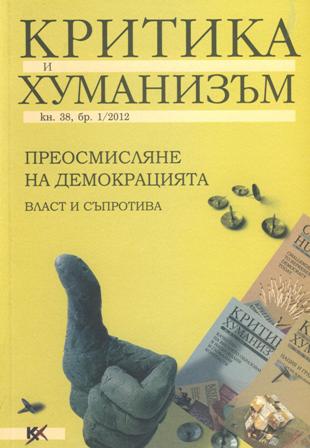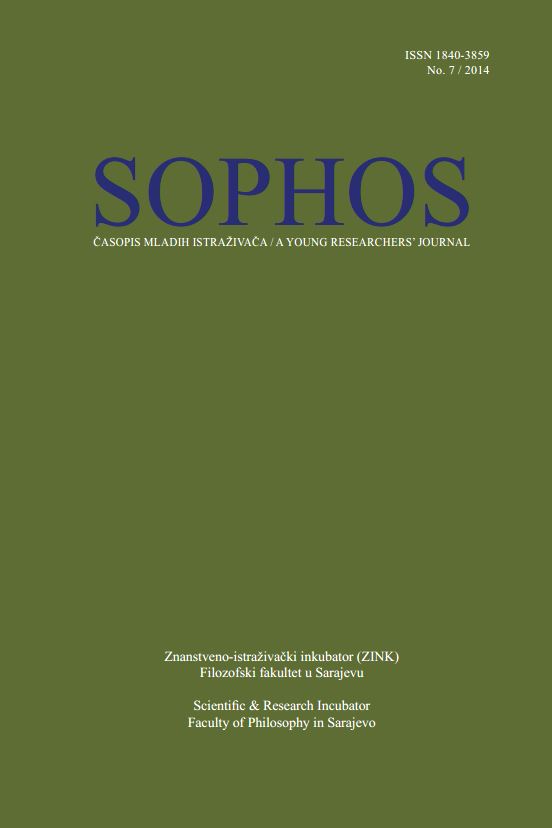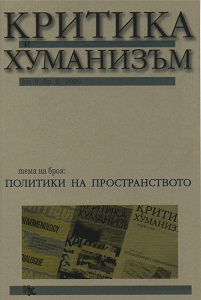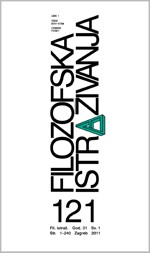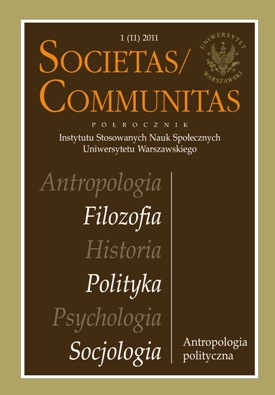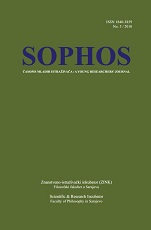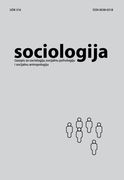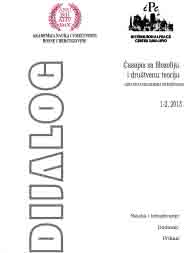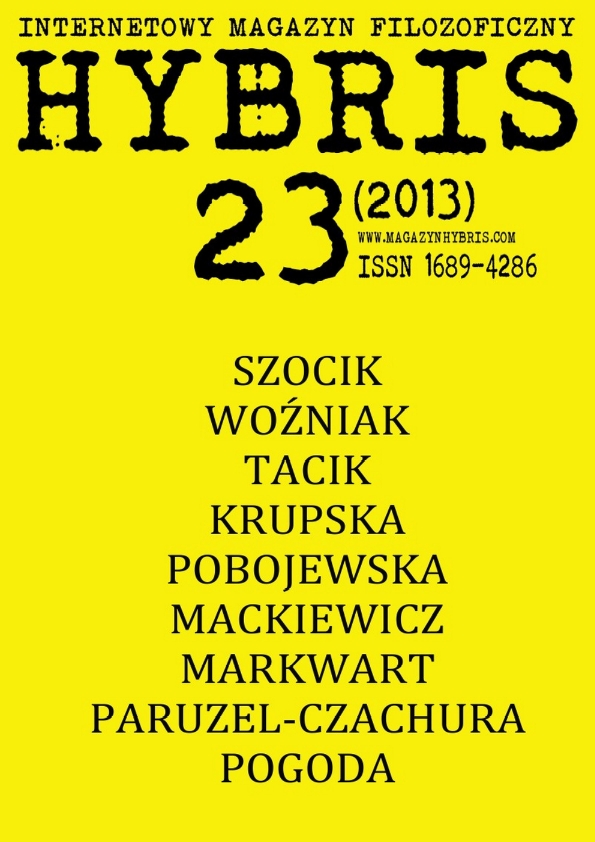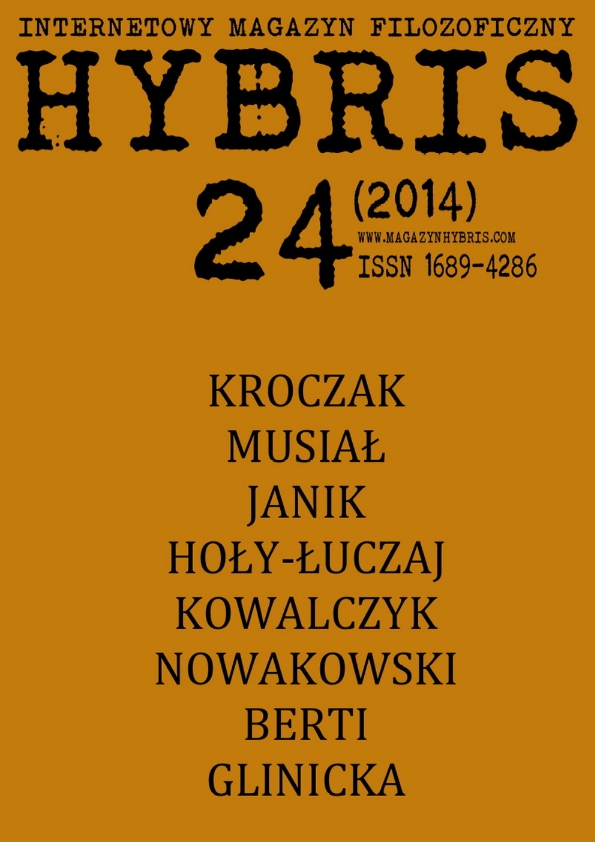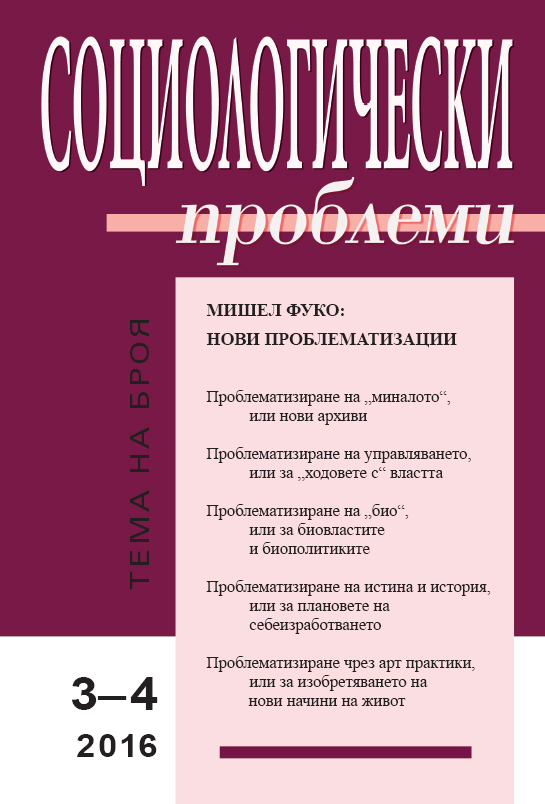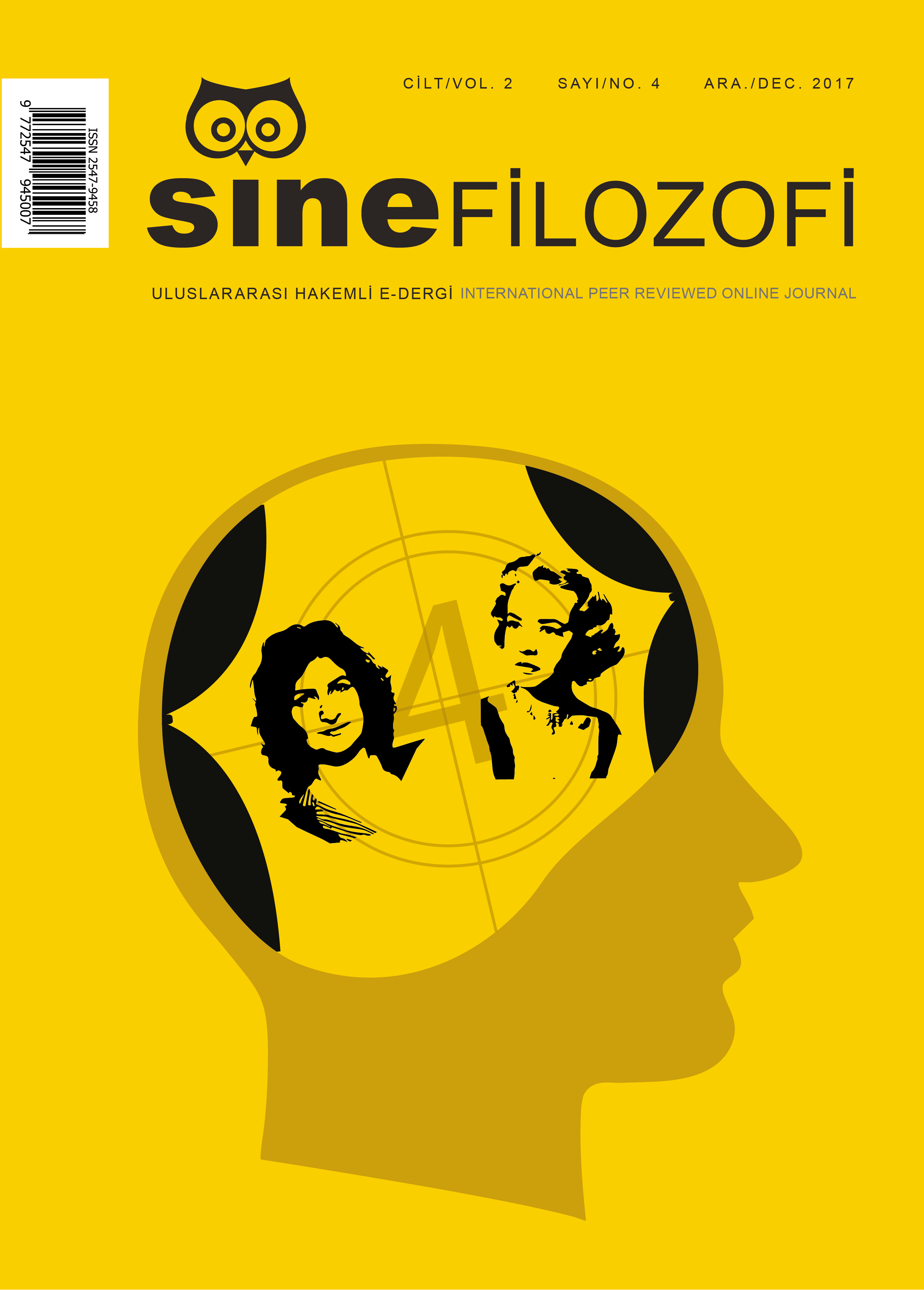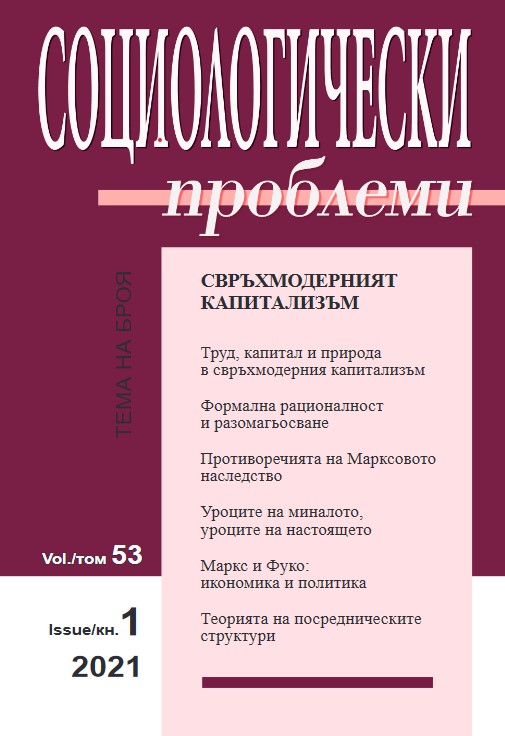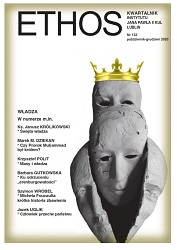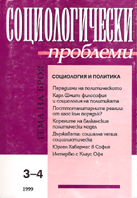
Power – Three Non-classical Analytics (Arendt, Foucault, Bourdieu)
Властта – три некласически аналитики (Арент, Фуко, Бурдийо)
The article is an attempt at a ‘meta’-problematization by power in a comparative interpretation of Arendt, Foucault and Bourdieu, with the hypothesis of typological outlining of non-classical power analytics. This term is used to show the distance from classical theorizing on power in some cases, and in other cases – from theorizing itself. The three authors, in our view, stand in relation of mutual ‘appresentation’: their problematizations mark a common field of questioning. Our strategy is to question this very field of questioning, with the purpose of a possible reconstruction of each of the three problematizations as an effect of placing them within the field. As a whole, the text follows the trajectory of putting the three problematizations together ‘horizontally’ within the field, insofar as they challenge principles identified as ‘classical’ (in the respective contexts).
More...
